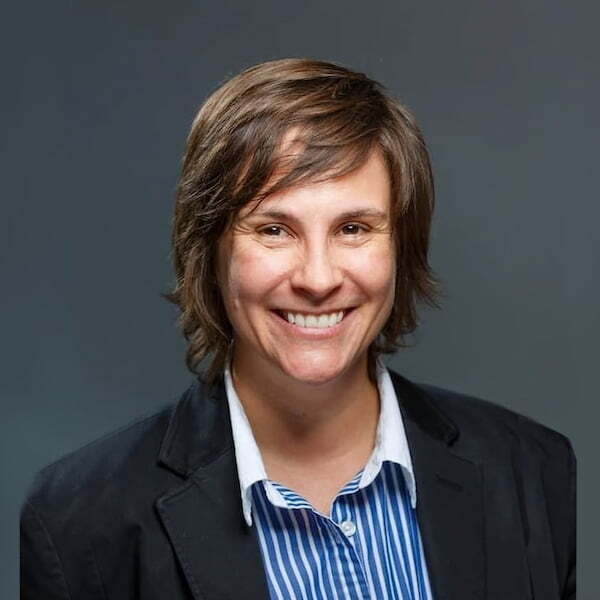Jessica Payne
Professor
- Office
- E466 Corbett Family Hall
Notre Dame, IN 46556 - jpayne7@nd.edu
Additional Areas: Clinical
Research and teaching interests
human memory, consolidation, sleep, stress, emotion, cognitive neuroscience
Biography
Dr. Jessica Payne is Professor of Psychology at the University of Notre Dame, where she directs the Sleep, Stress, and Memory (SAM) Lab. Dr. Payne’s research focuses on how sleep and stress independently and interactively influence learning, memory, emotion, and creativity. She teaches various courses in Psychology and Neuroscience, including a popular course entitled “The Sleeping Brain” for which she won Harvard University’s Bok Center Award for teaching excellence and Notre Dame’s Frank O’Malley award for undergraduate teaching and service and Rev. Edmund P. Joyce Award for Excellence in Undergraduate Teaching. She also won the Laird Cermak Award for her contribution to memory research, the Early Career Award from the Psychonomic Society, which is “the home for scientists who study how the mind works”, and was elected a Kavil Fellow with the National Academy of Sciences. Kavli fellows are young researchers who have already made recognized contributions to science, and 150 Kavli fellows have been elected into the National Academy of Sciences and 10 have been awarded Nobel Prizes. She was recently selected as the National Academy of Sciences 2021 Seymour Benzer/Sydney Brenner Lecturer. Her postdoctoral fellowship was split between Harvard University’s Psychology Department and Harvard Medical School’s Beth Israel Deaconess Medical Center. She holds a Ph.D. in Psychology/Cognitive Neuroscience from the University of Arizona
Education
2006-2009 Harvard University Postdoctoral Fellow, Psychology/Cognitive Neuroscience Advisors: Daniel Schacter and Robert Stickgold
2005-2006 Harvard Medical School, Beth Israel Deaconess Medical Center Postdoctoral Fellow, Cognitive Neuroscience Advisor: Robert Stickgold
1999-2005 University of Arizona, Ph.D., Psychology/Cognitive Neuroscience Advisor: Lynn Nadel 1997-1999 Mount Holyoke College, M.A., Experimental Psychology
1991-1995 University of San Diego, B.A., Psychology, magna cum laude
Representative Publications
Denis, D., Sanders, K.E.G., Kensinger, E.A., & Payne, J.D. (2022). "Sleep preferentially consolidates negative aspects of human memory: Well-powered evidence from two large online experiments." Proceedings of the National Academy of Sciences, 119 (44), https://doi.org/10.1073/pnas.220265711
Denis, D., Mylonas, D., Poskanzer, C., Bursal, V., & Payne, J.D. (2021). "Sleep spindles facilitate selective memory consolidation." Journal of Neuroscience 5 May 2021, 41 (18) 4088-4099; DOI: https://doi.org/10.1523/JNEUROSCI.0818-20.2021
Cunningham, T.J., *Mattingly, S., Wirth, M.M., +Alger, S.E., & Payne, J.D. (2021). "Higher post-encoding cortisol benefits the selective consolidation of emotional aspects of memory." Neurobiology of Learning and Memory, https://doi.org/10.1016/j.nlm.2021.107411
Kim, S.Y., & Payne, J.D. (2020). "Neural correlates of sleep, stress, and selective memory consolidation." Current Opinion in Behavioral Sciences. 33, 57-64.
Cunningham, T.J., Leal, S.L., Yassa, M.A., & Payne, J.D. (2018). "Post-encoding stress enhances mnemonic discrimination of negative stimuli." Learning & Memory, 25(12), 611-619. DOI: http://www.learnmem.org/cgi/doi/10.1101/lm.047498.118